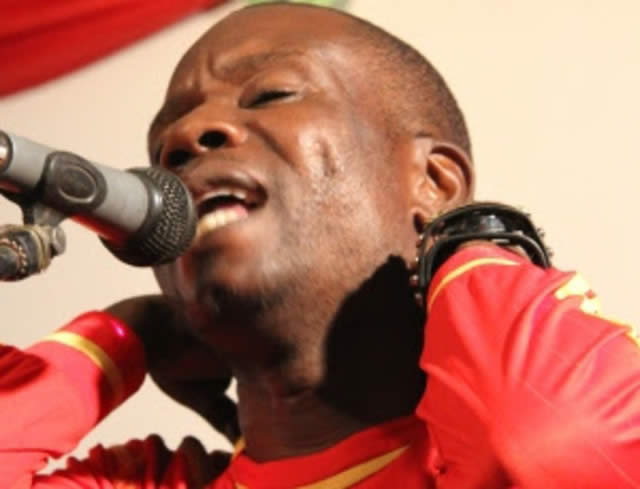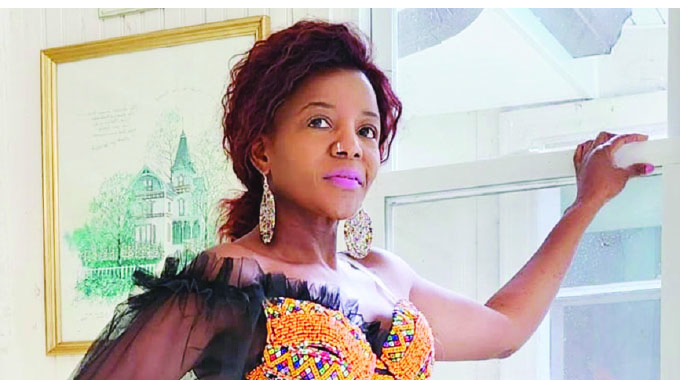Consistency pays off for Mutambi

Nyore Madzianike Senior Arts Reporter
Sungura maestro Alick Macheso went for nearly five years between 2007 and 2012 without releasing an album, leaving many people believing he was now a spent force.
It was during the same period that another sungura giant, the late Tongai Moyo, was battling ill-health and later died.
Most fans believed the two artistes left a yawning gap, despite staging live shows around the country.
The perceived gap saw the emergence of a crop of sungura musicians, who were touted as perfect replacements for the two.
Romeo Gasa, Obvious Mutani, Simon Mutambi and Howard Pinjisi were touted as sungura artistes with capacity to fill the gap that had been created.
After winning the 2007 Chibuku Road to Fame’s top prize, Romeo Gasa, the Extra Valembe frontman was believed to be emerging as Macheso’s fierce competitor.
This was because of his exceptional bass guitar strumming skills, which later became his trademark.
Gasa entered the music arena during the time when Macheso had last dropped the album, “Ndezvashe-eh”.
Gasa, because of the type of music he was playing, left many people describing him as Macheso’s copycat — a tag which is still stuck on his back.
Obvious Mutani and his Sungano Express came to the fore during the same period.
He however, received the same reception as he was branded Macheso’s mimic, despite claims that he was his own man.
Mutani’s music failed to make an impact in his attempt to remove the copycat tag on him.
Howard Pinjisi also joined the crop of ambitious sungura artistes with his album “Umbiridzo” in 2010.
He later released “Dadiso” (2012), “Ngandure yeNgoma” (2013) and “Chirambawasara” in 2015, but also received little attention.
Pinjisi and his Orchestra Ndorochena were believed to have plucked some threads off Macheso’s music, which could have accounted for reasons why his music failed to make a great impact during that time.
Simon Mutambi and his Cobra Kings entered the stage with his first album “Ko Zvinotyisei” in 2009, which was followed by “Zvinesimba”, “Ane Nyaya Yake”, “Ko Uripapi”, “Zvese Ndezvako” and “Zviri Pasi”.
With all these albums under his belt, Mutambi did not make much impact because he was also perceived to be Macheso’s imitator.
But consistency earned the Beatrice-based musician appreciation from sungura lovers and also captured Macheso’s attention- 10 years down the line.
His consistency saw Macheso accepting Mutambi’s invitation to feature on his recently released album “Hazvipere Mushe”. Mutambi admitted: “It was not easy during the first days as fans accused us of copying Macheso with some saying I was imitating Somandla Ndebele.
“People hated our music and considering where I was coming from my band members left the group, worsening the situation. “I soldiered on and remained consistent in terms of my music.
Today, I am happy that many sungura fans now appreciate our music. I have managed to amass a huge following over the years.
“After 10 years in music, I can now be counted among top sungura musicians in the country and it is a great achievement,” he said.
Mutambi will be celebrating 10 years in music with a show at City Sports Bar, today, where he said he has invited surprise guest musicians to celebrate with him.






Comments